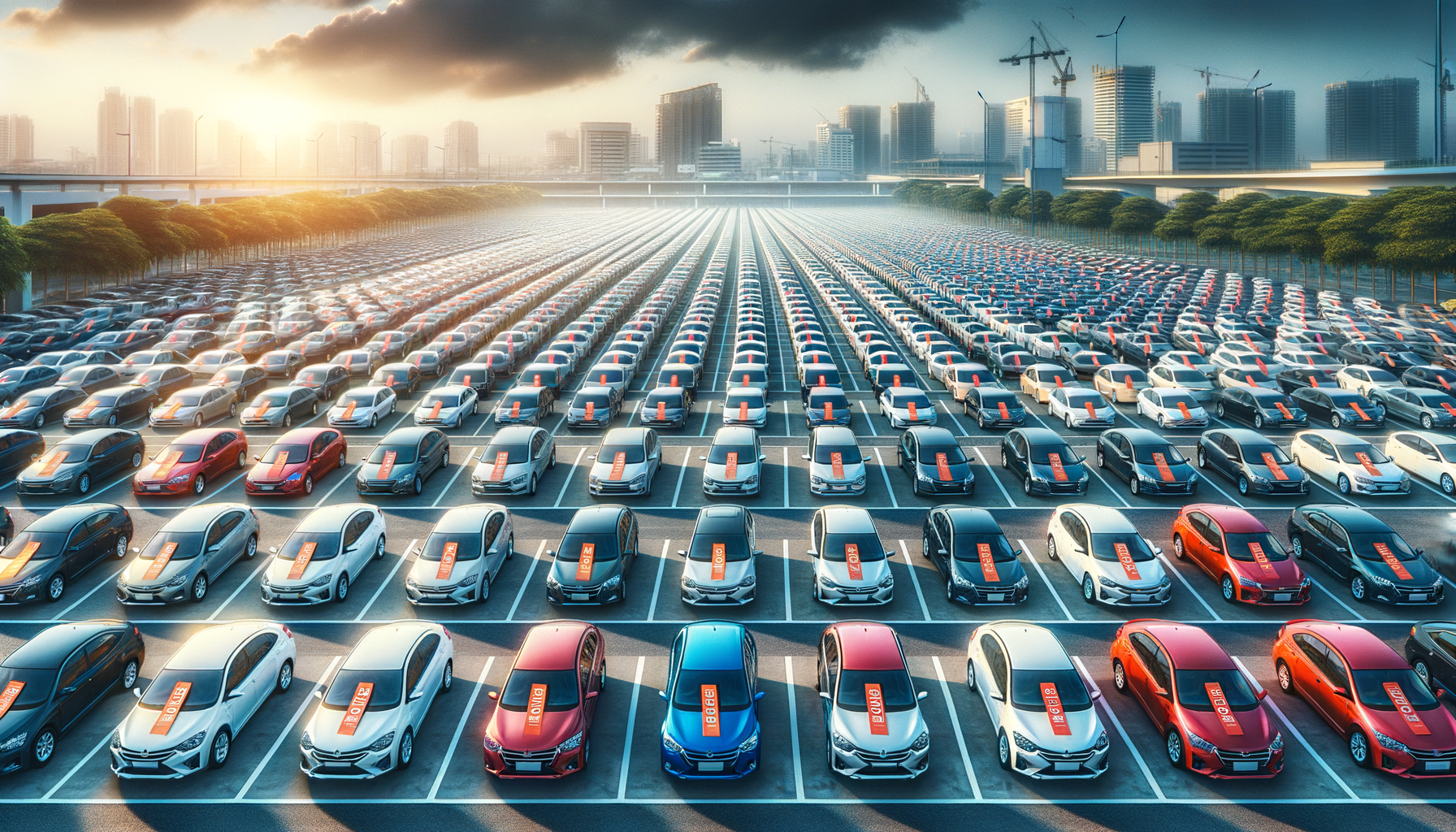Artificial intelligence (AI) is transforming many sectors, and education is no exception. The integration of AI in personalized education is reshaping the way learners interact with content and how educators tailor their teaching strategies. This post will explore how AI contributes to personalized learning experiences, offering insights, statistics, and practical advice to enhance educational outcomes.
Personalized education harnesses AI to create individualized learning paths that adapt to each student’s pace, strengths, and weaknesses. By leveraging AI, educators can offer more tailored educational experiences that accommodate diverse learning styles and needs.
How AI Enhances Personalized Learning
AI technologies, such as machine learning algorithms, analyze vast amounts of data to identify patterns in student learning behaviors. This analysis allows for the creation of adaptive learning platforms that adjust the curriculum based on student performance.
Expert Insights
Educators and technologists alike are optimistic about AI’s potential. According to a report by the Brookings Institution, AI can bridge gaps in educational access and quality by providing scalable, personalized learning solutions.
Statistics and Research Findings
A study conducted by McKinsey & Company suggests that personalized learning can increase student achievement by up to 20%. Additionally, the use of AI in education is predicted to grow by 47.5% by 2024, highlighting the increasing reliance on technology to enhance learning experiences.
Real-Life Examples
Take, for instance, a classroom where students use an AI-driven app that customizes reading materials according to each student’s reading level. This tailored approach ensures that all learners are engaged and challenged appropriately, leading to improved literacy rates.
Actionable Tips for Educators
- Integrate AI tools that offer real-time analytics to track and assess student progress.
- Encourage students to use AI-powered educational apps that cater to individual learning styles.
- Stay informed about the latest AI advancements in education to continually enhance teaching methods.
Pro Tip: Start small by integrating AI elements into your existing curriculum before fully transitioning to a tech-enabled learning environment.
FAQs About AI in Education
Frequently Asked Questions
How does AI improve student engagement?
AI enhances engagement by providing interactive and personalized learning experiences that cater to individual student needs.
Is AI in education expensive?
While initial costs may be high, the long-term benefits of improved learning outcomes and efficiency often outweigh the expenses.
Conclusion
AI’s role in personalized education continues to expand, offering promising avenues for more effective and inclusive learning experiences. By integrating AI tools, educators can better meet the diverse needs of their students, ultimately leading to more successful educational outcomes. Embrace these technological advancements, and explore how AI can transform your approach to teaching and learning.




Leave a Reply